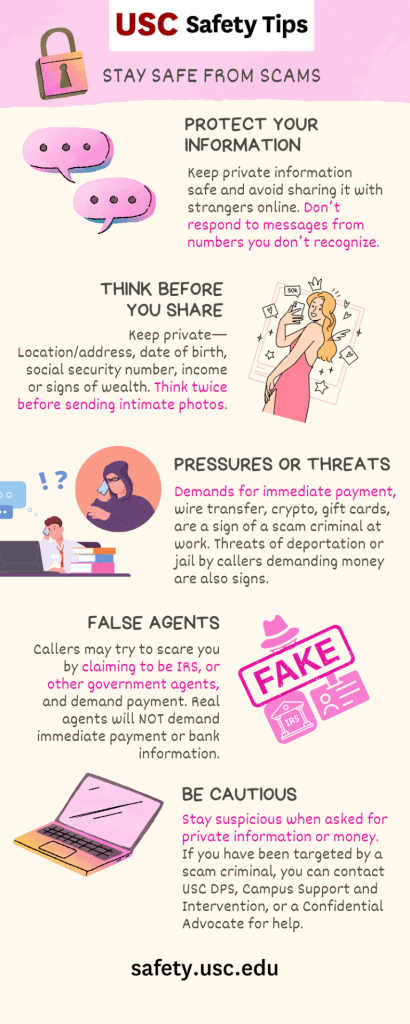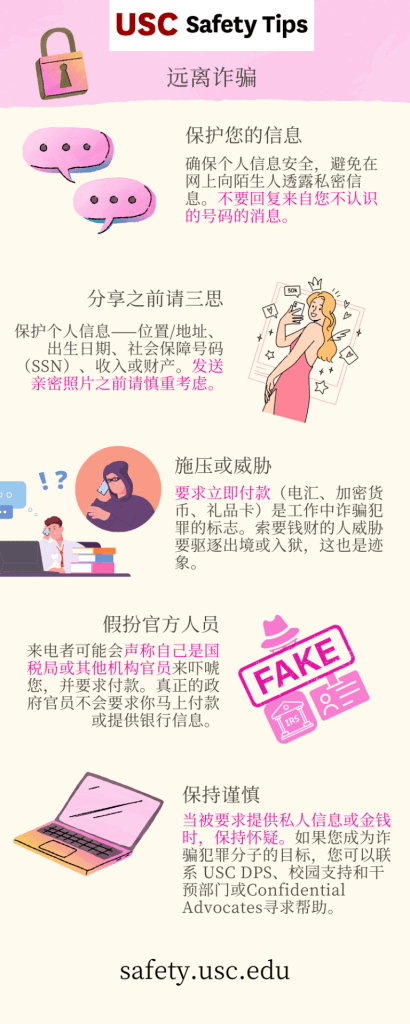There are many scams that criminals use to cheat people or gain control over their lives. Often this might start with a phone call, text/chat message, or email.
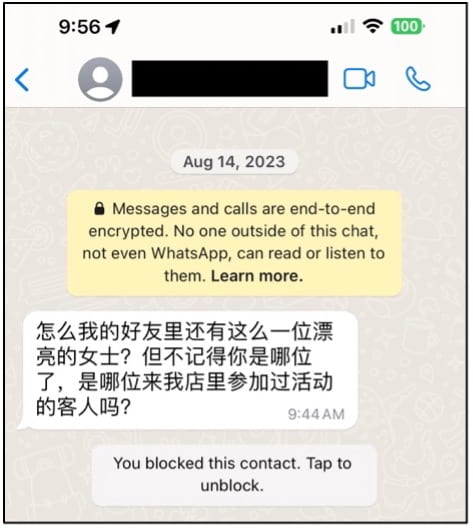
It might even start with a simple “wrong number” message, to get you to respond.
PROTECTING YOURSELF
- We strongly advise students do not respond to people you do not know in real life (text messages or chats that you do not start).
- Social media and dating apps give criminals a chance to get your personal information. They create a sense of friendship or romance. They might use lovebombing (lots of compliments and positive messages every day) to gain your trust.
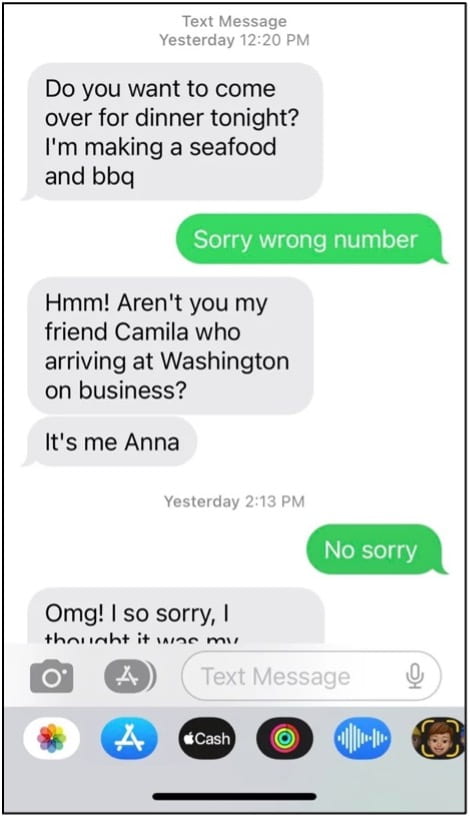
Their goal is to get access to your money, or private information (including sensitive private photos, details of your family, job, and partners), to then force you to do what they want.
Protect your identity and personal details, do not disclose the following to people you do not know in real life, or trust very well
- address/location
- income/wealth
- work/class/travel schedule
- social security number, date of birth, bank account numbers
- Also, always think very carefully before sharing or sending photos of a private or sexual nature.
If someone pressures or threatens you with demands to send immediate payment — wire transfer, cryptocurrency, gift cards — this is a sign of a scam.
NOTE: USC departments will only look up your records by your name and USC ID number, not your social security number.
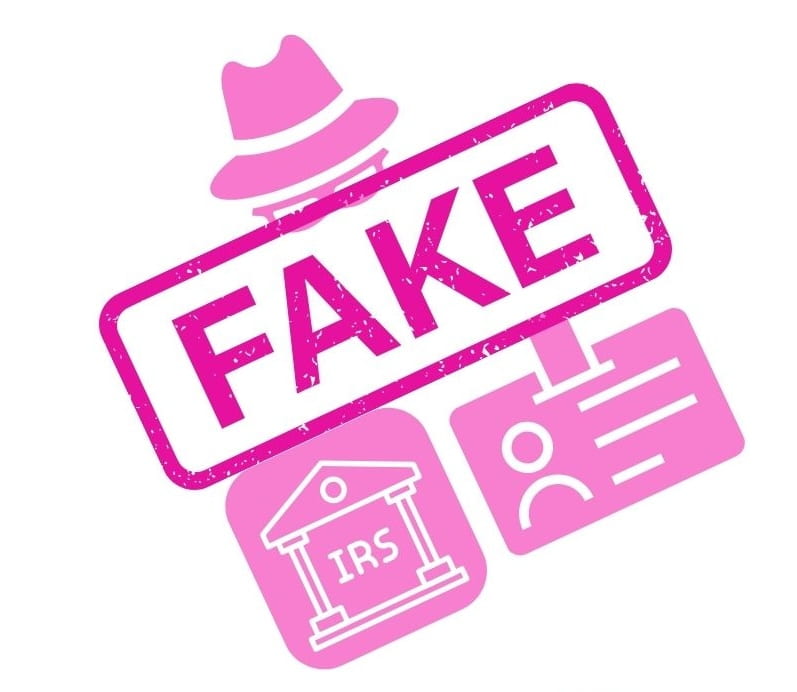
Scam criminals have posed as IRS agents, immigration officials, landlords of private housing leasing companies, employers, etc. If they are demanding immediate payment, especially through wire transfer, crypto, gift card, etc., this is signs of a scam.
COMMON THREATS
Criminals pretending to be government agents, threatening jail or deportation unless they get money.
Criminals pretending to show romantic interest, collecting sexual photos, threatening to release them to your family or friends unless they get money.
Credit card theft, criminals using your credit card to make purchases for themselves.
“Spoofing” messages that seem to come from your own number, or the number or identity of a real person, to start a scam. This has been used to trick people into fake housing agreements and making deposits.
Some scam criminals specifically target international students, online shoppers, grandparents, jobseekers, and other specific groups.

Sharing or posting images with your location, contacts, etc. to strangers may pose a risk. Think carefully before responding to any person requesting intimate photos.
STEALING CREDIT CARD INFORMATION
Some high-tech scams involve infecting your devices with data-stealing software. Credit card numbers can be stolen and sold to criminals in this way.
- Do not click on links from people or companies you do not recognize. Check the sender’s email carefully, to make sure it is a “real” person or business you know.
- Check your credit card purchases regularly. Contact your bank immediately if you see anything you did not buy.
- Do not use public wi-fi to shop online. Use a secure network that requires log-in.
Scam criminals have many different methods: job offers, investment offers, lottery winning, romance, friendship, missed package deliveries, student loan forgiveness, etc.
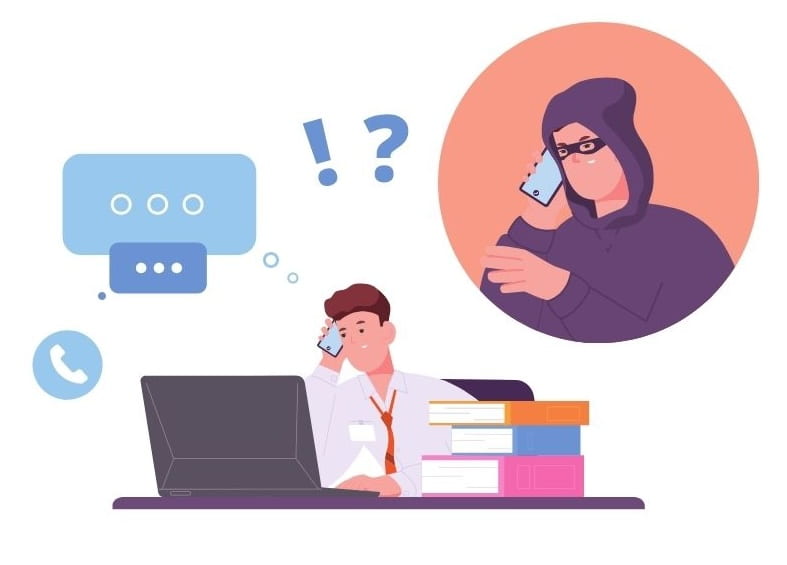
RESOURCES AT USC
USC has resources to help students who have been the target of a criminal scam.
Department of Public Safety is a resource for reporting if you are the victim of a scam criminal. Call 24/7, 213-740-4321. For the Health Sciences Campus, call 323-442-1000. You can also use the LiveSafe Mobile Safety app to contact DPS.
Confidential Advocates are a resource if you have been the target of a romance scam or have been threatened with release of private or sexual photos/videos. Confidential advocates can connect you with counseling services as well as explain options for reporting to police. Call 24/7, 213-740-9355 (WELL). You can also use the MySHR portal to contact a Confidential Advocate.
Campus Support and Intervention is an office that is helps students (and faculty/staff) solve problems, understand options, and connect with next steps. They can help coordinate medical or mental health-related academic accommodations, including reduced course load (that would not impact an international student visa) or leave of absence. Email uscsupport@usc.edu or call 213-740-0411 for support during weekday business hours.
The tips listed above are some ways you can stay safer, but remember, always stay alert and suspicious when you are contacted by someone you don’t know.
Download and share
